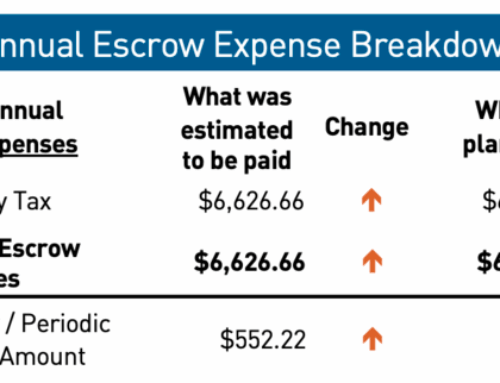Bloomberg News
The Federal Deposit Insurance Corp.’s newly appointed Acting Chairman Travis Hill — formerly the Vice Chair of the agency — Tuesday issued a statement saying he expects the agency to begin reviewing and repealing Biden-era bank regulations, take a softer approach to fintech and crypto, addressing so-called “de-banking” and repairing the agency’s struggling workplace culture.
“It is my honor and privilege to serve as Acting Chairman of the FDIC,” Hill said in a statement. “While the FDIC faces a broad range of issues, and as always will fulfill our mandate to promote a safe, sound, and resilient banking system.”
The comments from Hill — whom Trump appointed to the temporary role shortly after his inauguration on Monday — echo many of the priorities Hill laid out in a speech earlier in January to the American Bar Association, as well as several new priorities.
Hill on Tuesday called for a sweeping review of regulations to ensure they promote economic growth. He also reiterated his call for the FDIC to take a more transparent approach to fintech partnerships and digital assets, adding he also would like to see “engagement to address growing technology costs for community banks.”
While Hill made mention of the FDIC’s policy for considering mergers in his previous speech, Tuesday he proposed replacing the agency’s 2024 Statement of Policy on bank mergers to expedite approvals for transactions while maintaining legal requirements for reviewing bank combinations.
As Vice Chairman, Hill voted against issuing his agency’s updated merger guidance in September 2024, although the measure was ultimately approved by the Democrat-led board. Hill says the new holistic metrics for measuring competition are overly broad and introduce undue uncertainty for firms looking to meld into larger entities.
Drawing lessons from the costly bank failures of 2023, he said he expects the FDIC to focus on enhancing the FDIC’s readiness to resolve large financial institutions including by “incorporating lessons from the far-too-costly failures of 2023, including the need to be much more proactive and nimble and to improve the bidding process.”
Hill also said he expects the agency to repeal “problematic” proposals on brokered deposits and corporate governance, two FDIC measures he has also publicly opposed.
Financial industry organizations have lobbied federal bank regulators to rethink the proposed rulemaking — which reverses a 2020 Trump-era FDIC rule that narrowed the definition of brokered deposits while also modestly broadening the initial scope to include more deposit arrangements regulated as brokered deposits, effectively reserving brokered deposits for only the most well-capitalized banks.
State regulatory advocates, including the Conference of State Bank Supervisors, say the agency’s proposed guidelines on corporate governance are problematic and could discourage talent from joining the boards of FDIC-regulated banks.
The FDIC is likely to adjust pending rules on capital and liquidity, according to Hill’s statement, “to appropriately balance driving economic growth with ensuring safety and soundness and resilience.”
One of the regulations likely to be scaled back — the Basel III endgame capital reforms initially proposed in 2023 — sought to raise capital requirements for banks with more than $100 billion in assets by 16%.
New capital standards sparked intense pushback from the banking industry, which argued that such requirements would stifle business and lead to costly adjustments, especially given the proposal’s broad scope. Hill, a leading opponent of the rule, is now in charge of finishing the rule and will likely push for less stringent capital requirements — which limit how much unborrowed money banks put up for loans and other activities.
Following the March 2023 bank failures, Biden-appointed Fed officials like Vice Chair for Supervision Michael Barr — who recently said he’d step down from bank supervision at the Fed, but stay on as a member of the Federal Reserve Board of Governors — floated the idea of new liquidity rules designed to help banks insure themselves against losses. New liquidity requirements for banks seem less likely with the change in administrations.
Hill also affirmed his view that the FDIC needs to be more transparent in its regulatory reasoning, narrow its activities to “remain within [their] statutory mandate” and work to repair the agency’s workplace culture.
After months of complaining about the pace and earnestness of the Biden FDIC’s efforts to turn around a pervasive culture of sexual harassment and discrimination at the agency, Hill will now take the reins of the agency and custody of the workforce problems at the FDIC.
According to FDIC Republican board member Jonathan McKernan, the agency staff is exhausted and distracted by the lingering issues at the agency.
“We need a fresh start sooner rather than later, that’s important to establish credibility,” McKernan said in a June 2024 hearing. “It’s important to bring in someone that has the moral authority to really push change and … deal with our legacy issues.”

